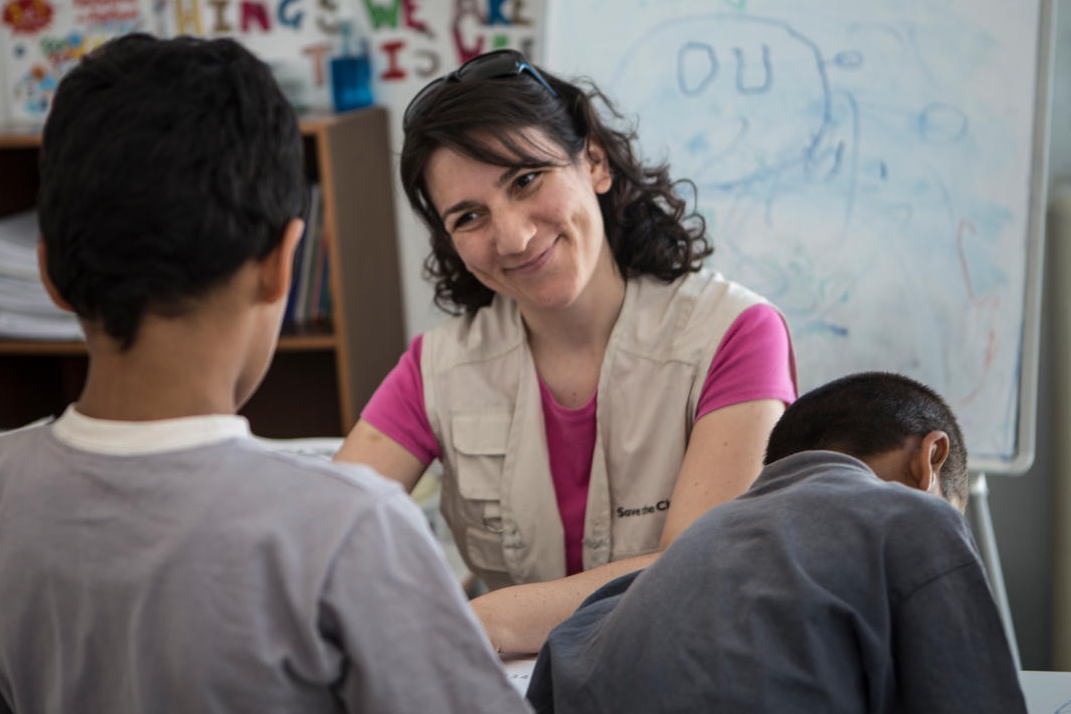Physical Address
304 North Cardinal St.
Dorchester Center, MA 02124
Physical Address
304 North Cardinal St.
Dorchester Center, MA 02124

The Impact of Peace Efforts in Disputes on Mental Health. Islam encourages individuals embroiled in conflicts to seek reconciliation. While acknowledging the significance of pursuing justice, it presents peace as a remedy that fosters balance in existence. This not only means issues devoid of bitterness but also offers a restorative influence on those willing to embrace it.
Initially, those entangled in disputes may endure emotional strain or trauma.

It is not unusual for individuals in conflict to experience psychological disturbances. Particularly in severe circumstances, mediators encounter distinct challenges if the emotional well-being of the conflicting parties is notably compromised.
The human brain houses a “limbic system,” responsible for weaving together sensory perception, memory management, emotional regulation, and learning experiences. With this system, people can store countless joyful memories and later draw upon them to recognize Allah’s myriad blessings. During a disagreement, the feelings arising from this limbic system are also regulated based on the approaches taken in resolving the conflict.
Via the limbic system, an individual learns through experiences that are sorrowful, unsatisfactory, and lead to pain. Consequently, people can devise strategies to avert such experiences and skillfully convert potential challenges into avenues for goodness. Conflict, at its core, is interpreted as a hurdle; however, when an individual opts for peace, they are essentially transforming that obstacle into a chance to benefit others.
In essence, the limbic system fuels motivation, defines character, and shapes the atmosphere of human existence. This system serves as the fundamental bridge between intellect and emotions, such that the chemicals released in the brain circulate throughout the body. When an individual relinquishes animosity and embraces peace, affirmative emotions arise that induce changes in bodily functions and significantly affect human health.
It is vital for individuals to nurture positive feelings within themselves. Negative emotions must be regulated to prevent them from inflicting considerable damage. It is common for those amid conflicts to face emotional upheavals, complicating the reconciliation process. Within this framework, the dialogue regarding stress management during conflicts leading to peace becomes increasingly pertinent.
For instance, studies conducted in Malaysia reveal that participants in domestic disputes and child custody cases may suffer emotional turmoil. Two instances of emotional disorders identified in the research are Post Traumatic Stress Disorder (PTSD) and Obsessive Compulsive Disorder (OCD) (Zakiyy, 2022, Emotional Disorder as an Obstacle to Sulh Settlement in Child Custody Cases in Malaysia, International Research Journal of Shariah, Muamalat and Islam [IRJSMI], Volume 4, Issue 11: pages 10-19).
If left unaddressed, stress that engenders emotional turmoil can adversely impact health and weaken the immune system. Simply put, stress signifies pressure, which can be either advantageous (eustress) or detrimental (distress). Positive pressure can inspire improved performance, while negative pressure yields the opposite result.
Thus, stress does not inherently bring about negative outcomes when managed with a constructive mindset. In the example provided, stress may bolster and fortify the immune system. The resultant enhancement of immune function can lead to increased longevity and greater joy. (Azhar, Cara Hidup Sehat Islami, [Bandung, Tasdiqiya Publisher: 2015], page 252).
The most effective method to address emotional disturbances is to revitalize one’s faith. This requires recognition and understanding of past conflicts. If there are errors, they must be amended promptly; if something is right, it should be reinforced.
In this regard, one must comprehend their interaction with others and their environment. Shortcomings in any of these relationships can result in emotional instability. By grasping causal relationships or the existence of cause and effect, one can diminish the onset of acute guilt that may disrupt emotional equilibrium.
Every individual has erred, and the wisest among them are those who are willing to recognize their shortcomings, rectify them, and strive for reconciliation with themselves and others for a brighter future. This embodies the essence of reconciliation or peace when conflicts arise with others.
In the Quran, the concept of peace is relevant to the endeavor to exercise control over one’s desires when one restrains their emotions, as illustrated in Surat An-Nazi’at, verse 40:
وَاَمَّا مَنْ خَافَ مَقَامَ رَبِّهٖ وَنَهَى النَّفْسَ عَنِ الْهَوٰىۙ
Meaning: “As for those who fear the greatness of their Lord and restrain themselves from their desires,”
People who succeed in subduing their desires, including managing their emotions so that they tend toward the process of peace, can be expected to attain happiness. This is illustrated in Surah An-Nazi’at, verse 41:
فَاِنَّ الْجَنَّةَ هِيَ الْمَأْوٰىۗ
Meaning: “Indeed, paradise is his abode.”
From a mental health perspective, the peace process involves a healing mediation process. Similarly, the peace process, which is very similar to mediation, is also healing in nature, enabling positive developments in brain proteins. This can occur especially when the parties are facilitated with an intensive and repetitive process to achieve a peaceful resolution at the end of the reconciliation process so that their minds and brains are directed toward improvement.
Brain proteins may be involved in the decision-making process for peace. These proteins are called neurotrophins, which function to promote the growth of brain cells or neurons and will play a role in habit adaptation (Braun and Braun, 2020, A Biopsychosocial Model—The New Approach to Dispute Resolution and Conflict Analysis for Mediators, Dispute Resolution Review Volume 1, Issue 1, Bond University: pages 35–53).
Thus, a person’s experience of making peace in a dispute becomes a new chapter in their life and prompts the brain to form new positive pathways. With these new pathways in the brain, it becomes richer with positive mental habits, so that the same peaceful mindset will be activated and applied when similar events occur.
This description is the reason for the emergence of the term “love of peace.” People who strive for peace will increasingly experience positive effects on their decisions and health, so that they will develop a pattern of traditionalizing peace. This is the process of striving for steadfastness, which Allah has made easy for those who love peace. And Allah knows best.